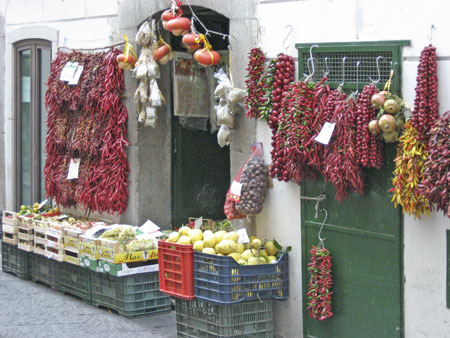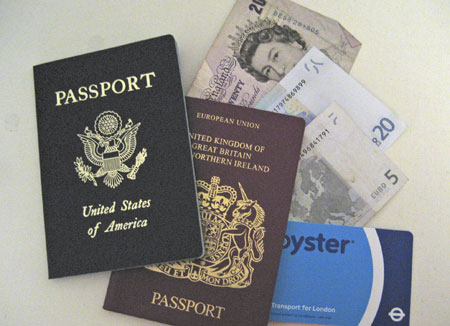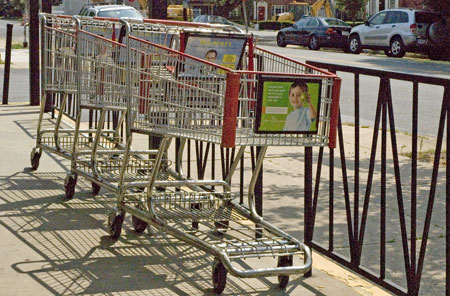
And long-leggedy beasties
And things that go bump in the night,
Good Lord, deliver us!
Traditional Scottish prayer
Trick-or-treating was new to me when I came to the United States. It wasn’t a custom when I was growing up in England, but apparently it’s now made its way across the Atlantic—though my aunt tells me the children are not in costume, and they ask for money, not candy.
Until 18 months ago, I lived in a townhouse in a very close-knit neighborhood. I used to enjoy giving out candy to the small devils, and ballerinas, and ghosts, and Teletubbies who knocked at my front door, their parents hovering far enough in the background to give the little ones the illusion they were doing it on their own. On the whole, the trick-or-treaters were quite young children because the townhouses there are very small and once the children get bigger or multiply, families move to bigger houses. I didn’t dress up myself (as a couple of my neighbors did) but one year I made myself a Scream mask, though I was careful to put it on only after opening the door as my real self. Just because you’re dressed as a scary person yourself doesn’t mean, when you’re six or seven, that you can’t be frightened by another scary person.
Around 8 PM, the children started to get quite a lot bigger, and that’s when I turned off my porch light and stopped answering the door. I learned my lesson the year I said to one teenager, who had clearly started to shave, “Aren’t you a bit old for this sort of thing?” The next morning all the bushes and the tree outside my house were festooned with toilet paper. At least they had grasped the “trick or” part of the mantra, unlike the little boy I once asked, “If I don’t give you a treat, do you have a trick ready for me?” He looked completely blank, as if I’d addressed him in Sanskrit.
I now live in a condominium apartment where there are few children. I shall miss the groups of little hobgoblins proffering plastic pumpkins and paper bags tonight.



 Posted by Judith
Posted by Judith 







